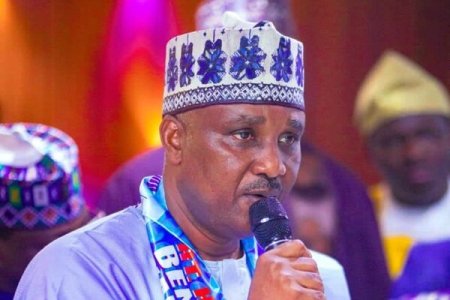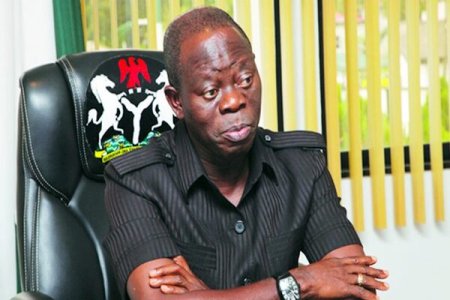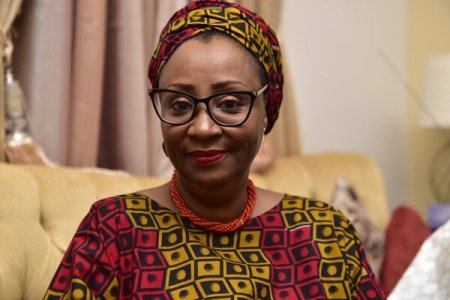
A bill to amend Nigeria’s constitution for diaspora voting has passed its second reading in the House of Representatives. Co-sponsored by Speaker Abbas Tajudeen and Sodeeq Abdullahi, the legislation seeks to include Nigerians abroad in the electoral process. The bill now moves to the Constitution Amendment Committee for further review.
A bill aimed at amending Nigeria's constitution to enable diaspora voting has successfully passed its second reading in the House of Representatives. The proposed legislation seeks to include provisions in the 2022 Electoral Act, granting Nigerians living abroad the opportunity to participate in national elections.
The bill, jointly sponsored by Speaker Abbas Tajudeen and Representative Sodeeq Abdullahi, is seen as a progressive step toward inclusivity in Nigeria’s democratic process. It underscores the importance of ensuring that millions of Nigerians living outside the country have a say in the nation’s electoral decisions.
Initially passed for a second reading in July, the bill was sent to the Committee on Electoral Matters for initial review. Following further deliberations on Tuesday, it has now been referred to the Constitution Amendment Committee for more detailed legislative scrutiny.
Advocates of the bill argue that allowing diaspora voting would strengthen Nigeria's democracy by integrating the voices of Nigerians contributing to the country from abroad. Critics, however, have raised concerns about logistical challenges and the potential cost implications of implementing a voting framework for citizens residing overseas.
The bill marks a significant milestone in Nigeria’s legislative history, as it pushes the boundaries of electoral reform to include global representation. Its progress through the House reflects a growing recognition of the role the Nigerian diaspora plays in shaping the nation’s future.
Further deliberations by the Constitution Amendment Committee will determine the bill's next steps, bringing the possibility of diaspora voting closer to reality.






